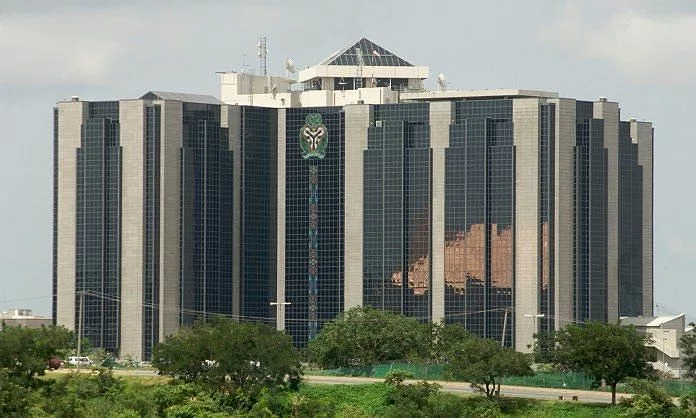The Central Bank of Nigeria (CBN) Monetary Policy Committee (MPC) concluded its November 2024 meeting with a marginal increase in the Monetary Policy Rate (MPR) by 25 basis points to 27.50 per cent. This marks the sixth rate hike in 2024, bringing the cumulative increase to an unprecedented 875 basis points for the year.
However, the central bank has hinted at a potential shift to a more accommodative stance in 2025, as the effects of this year’s aggressive tightening cycle begin to materialise.
The decision to raise the MPR again comes as Nigeria grapples with surging inflation, which hit 33.88 per cent in October 2024, up from 32.70 per cent the previous month. The rise in inflation is fueled by persistent food price hikes, energy costs driven by elevated Premium Motor Spirit (PMS) prices, and seasonal consumer demand. The MPC noted that core inflation also increased to 28.37 per cent, reflecting widespread price pressures across sectors.
Speaking with journalists at the end of the meeting, CBN Governor Olayemi Cardoso, reaffirmed the central bank’s commitment to taming inflation. “We are going to deploy everything in our arsenal to ensure that we are able to tame it. There is always a lag between the implementation of monetary policies and their full impact. We expect to see meaningful results by the first quarter of 2025.”
Despite the hardships imposed by high-interest rates on households and businesses, Cardoso emphasised the necessity of the measures to stabilise the economy. “Our tight monetary policy stance has altered the previous dire trajectory. Inflation remains unacceptably high, but the signs are encouraging. As we see sustained improvements, we will adjust rates to balance growth and price stability,” he said.
While raising the MPR, the MPC decided to maintain the Cash Reserve Ratio (CRR) for Deposit Money Banks at 50 per cent and for Merchant Banks at 16 per cent. The Liquidity Ratio (LR) was kept at 30 per cent, and the asymmetric corridor around the MPR was left unchanged at +500/-100 basis points.
The MPC’s decisions reflect its cautious approach to balancing inflation management with economic growth. Analysts noted that the latest rate hike underscores the central bank’s resolve to anchor inflation expectations and restore price stability without significantly stifling economic activity.
The Nigerian economy has shown some resilience amid tightening monetary conditions, with GDP growth reaching 3.46 per cent year-on-year in Q3 2024. However, the high borrowing costs associated with increased interest rates have weighed heavily on businesses and households.
The MPC had acknowledged improvements in Nigeria’s external sector, including a rise in current account surpluses, remittance inflows, and external reserves, which now stand at $40.88 billion. Despite these gains, persistent exchange rate pressures remain a concern, driven by strong demand in the foreign exchange market.
The committee also lauded the federal government’s efforts to improve food security, particularly in the North-East, and expressed optimism about the full deregulation of the petroleum sector stabilising price levels in the medium term.
Analysts at Cowry Assets Management observed that the 25-basis-point hike signals the MPC’s intent to assess the cumulative effects of earlier rate increases. “The committee appears keen to gauge the impact of tighter monetary conditions on inflation and economic growth. This measured approach balances curbing aggregate demand with avoiding a severe contraction in output,” the analysts stated.
Similarly, Cordros Research projects another 25-basis-point hike at the MPC’s next meeting in January 2025. “The lingering effects of elevated PMS prices, suboptimal food harvests, and increased consumer demand during the festive period will likely drive inflation higher in the short term,” Cordros analysts noted.
Parthian Securities highlighted the broader implications of the MPC’s decisions, predicting reduced consumer spending, increased savings propensity, and challenges for businesses seeking funding for expansion. The government’s debt servicing costs are also expected to rise, straining public finances further.
While the CBN remains committed to its hawkish stance for now, signs of a potential pivot in 2025 are becoming clearer. Governor Cardoso hinted that as inflation moderates, the central bank may adopt more accommodative policies to stimulate growth and improve real incomes. “These measures are not intended to be permanent. As inflation shows sustained signs of improvement, we will adjust rates accordingly,” he said.





